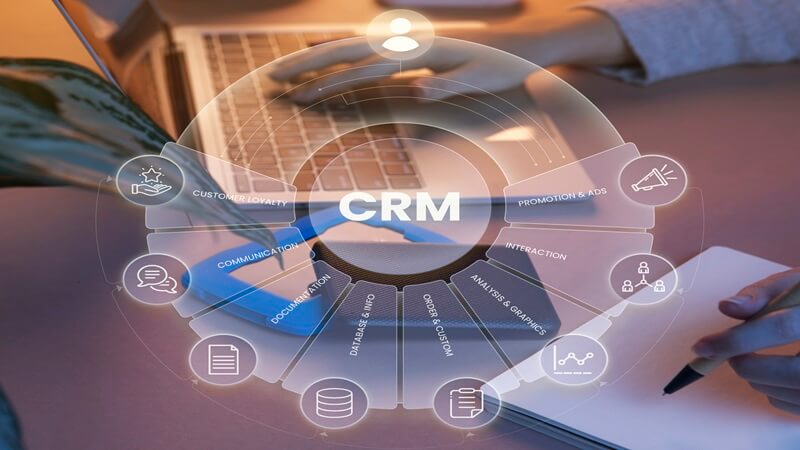In today’s dynamic business world, the management of information is central to the achievements of an organization. Organizations employ different means to facilitate their operations. Two of the most important tools in this regard are case management software and CRM (Customer Relationship Management) systems.
Although both help to control information, they have different functions and work in different environments. It is very important for any business to be aware of these differences so that they can be able to select the right tool. Understanding the ways these systems work will help to clarify their purpose and identify which one is more suitable for certain business processes.
What is Case Management Software?
Case management tools are used to manage multifaceted processes that require numerous detailed notes and frequent interactions. This kind of software is typically employed in industries such as the legal, social, and medical fields. It assists case professionals with handling cases by compiling all the pertinent information and making them available in one location. For instance, in a law firm, the case management system would follow the cases, documents and deadlines, etc.
What is a CRM System?
In contrast, CRM systems are oriented toward the handling of a firm’s communication with existing and prospective buyers. They are widely applied in various industries, including sales, marketing, and customer service. The primary purpose of CRM software is customer relations management. A CRM system records all communications with customers, stores information about customers, controls marketing activities, etc. It assists companies with identifying their clients needs and enhancing both sales and customer relations.
Key Differences Between CMS and CRM
The major difference between case management tools and CRM systems is in the matter of priority. Case management software is designed to address ‘cases’ that have loads of information and detailed processes. It is designed for use in performing activities such as tracking case statuses and dealing with a lot of information related to cases.
CRM systems however, are mainly used to improve relationships with customers. Its features include customer data storage, interaction history, and communication plans. This makes it easier for businesses to sell more, offering tailored services to customers and ensuring that the customers are always happy.
Another difference between the two types of software is functionality. Some of the trends evident in case management tools are record-keeping functionality, compliance check capabilities, and case or client-specific reporting. They may also link with other specific applications that are typical in legal, medical, or social work practices. Some of the common tools found in typical CRM systems include marketing automation tools, sales management tools, and customer feedback management tools. These systems are intended to collect and evaluate customer information to comprehend their behavior patterns, deal with sales funnels, and develop better marketing strategies.
Choosing the Right Tool
While both are tools that manage information, case management software and CRM systems are used for entirely different functions. It is crucial to comprehend these distinctions to identify the perfect instrument that meets your company’s requirements. Both systems are very important in the management of operations and making work easier, but they do this in very different ways.
For more info visit Kaz Magazine
